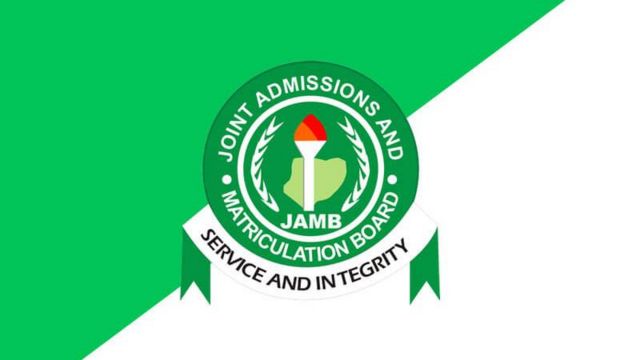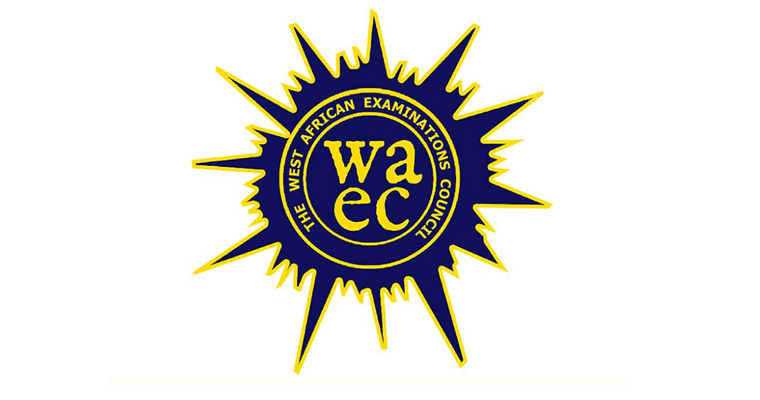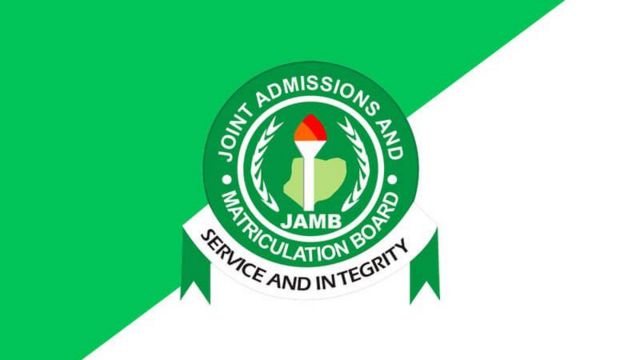
Many prospective Jamb candidates often register for the JAMB exam without a clear idea of the appropriate school to choose. If you are reading this post, you are likely preparing for the 2024 JAMB exam, and the purpose of this post is to provide guidance on selecting the right institution for your studies.
Opting for just any school can diminish your likelihood of securing admission or impact your studies, even if you do manage to gain admission in the end.
5 Things Every Jamb Candidates Should Check before Choosing University
Prospective candidates should carefully consider the following factors before selecting an institution:
- Accreditation of the School and Course:
Ensure that both the school and your chosen course of study are accredited by relevant authorities like NUC. Some institutions may offer courses that are not yet accredited, leading to potential issues with the quality of education. - Catchment Area:
Consider the catchment area of the school, as being part of it can be advantageous during the admission process. Some schools have specific states or regions that enjoy preferential treatment, often with lower cut-off marks. - Strike History:
Research the strike history of the school. Certain institutions are prone to frequent strikes, both by national bodies like ASUU and ASUP, as well as internal strikes. Understanding the strike patterns can help anticipate potential interruptions in academic activities. - Admission Requirements:
Familiarize yourself with the admission requirements of the school. Different institutions in Nigeria have varying criteria, including JAMB cut-off marks and specific O’level requirements. Understanding the previous year’s admission process can guide your application. - Screening Point Calculation:
Be aware of how the university calculates screening points. Some schools use O’level grading, while others conduct aptitude tests. If your school of choice relies on JAMB scores and O’level results, having a strong O’level result can positively impact your screening.
By considering these factors, you can make a well-informed decision and increase your chances of a successful and smooth academic journey in the chosen institution. Best of luck!




